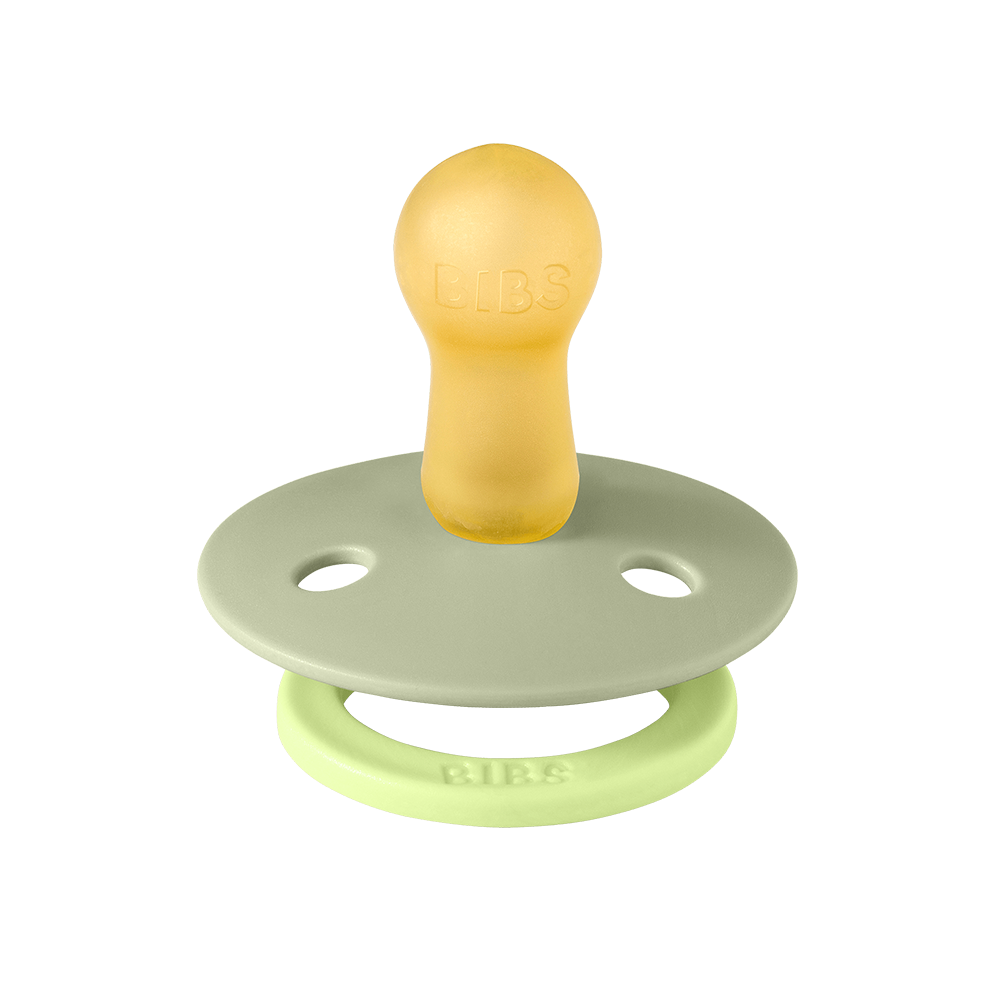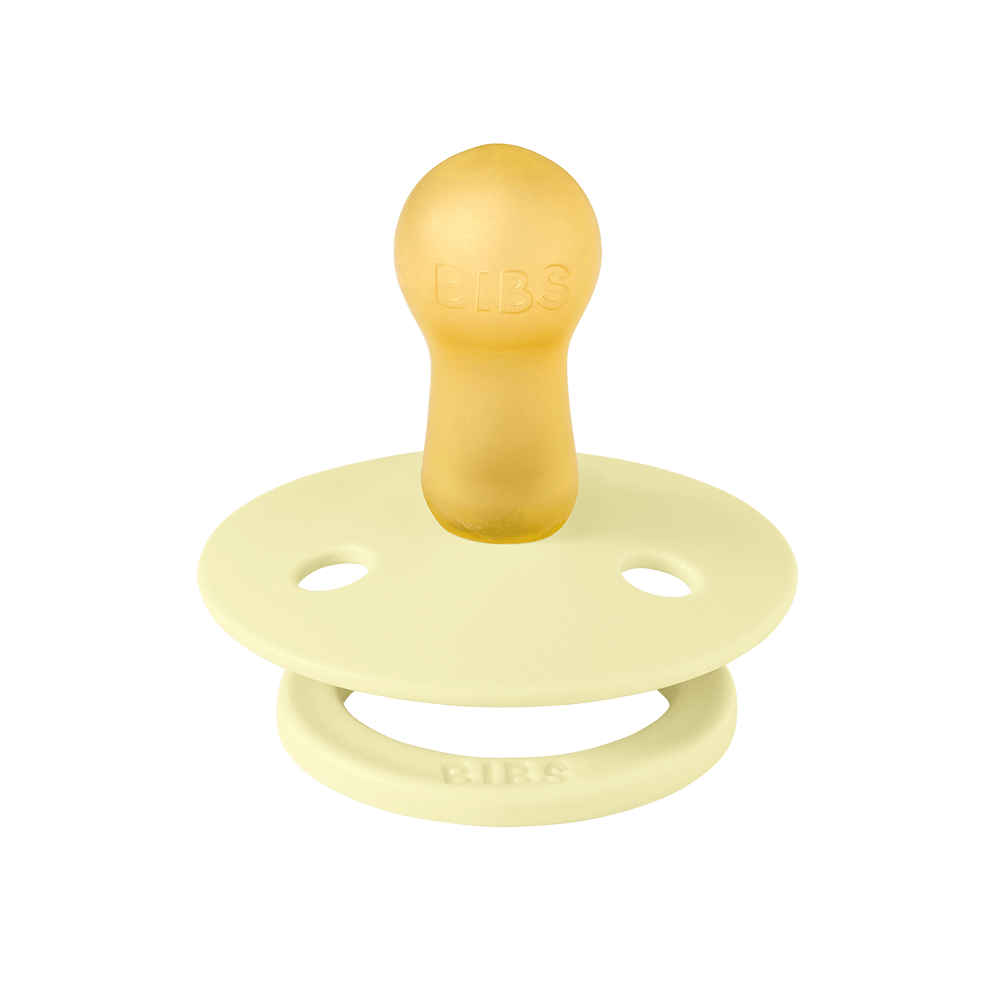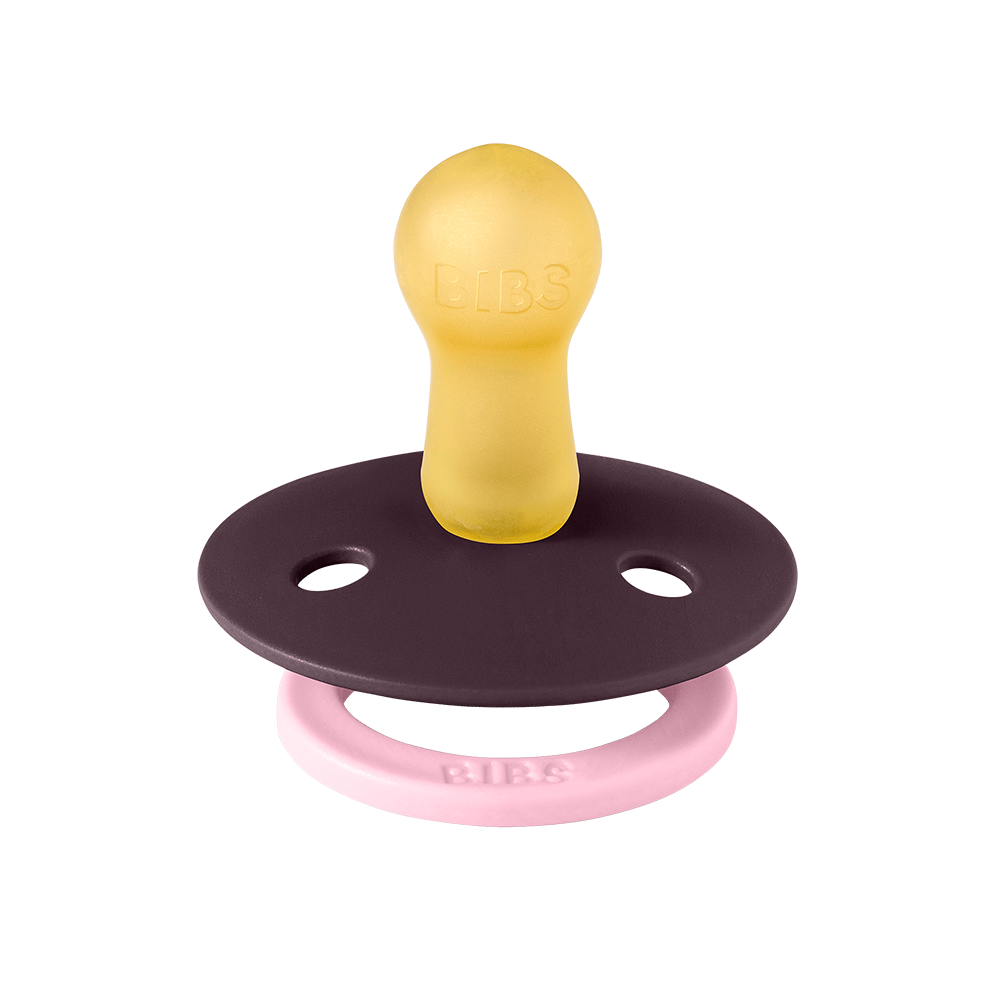Safe Coffee Consumption During Pregnancy: Guidelines & Tips

Can You Drink Coffee While Pregnant? Understanding the Guidelines
When it comes to drinking coffee during pregnancy, it's essential to consider both the possible benefits and the risks. Moderate caffeine consumption is generally considered safe during pregnancy, but it is crucial to understand what 'moderate' means for the health of both the mother and the developing baby. Rising concerns about caffeine intake during pregnancy have been based on the potential association with risks such as miscarriage, reduced fetal growth, and other adverse outcomes.
Centers for Disease Control and Prevention (CDC) and the American College of Obstetricians and Gynecologists (ACOG) suggest that pregnant women limit their caffeine intake to less than 200 mg per day. This is equivalent to about one 12 oz cup of coffee. Caffeine is found in more than just coffee—it's also present in tea, soft drinks, energy drinks, and chocolate. Each of these sources contributes to the total daily caffeine intake, so it's important to account for all sources, not just coffee.
Key Takeaways
- Moderation is key, with less than 200 mg of caffeine per day advised.
- Total daily intake should include caffeine from all sources.
- Awareness of caffeine content in various beverages can aid in managing intake.
Caffeine and Pregnancy
When considering caffeine consumption during pregnancy, it's crucial to understand how it impacts both the baby and the mother. While moderate intake is often deemed safe, its effects can vary.
Effects on the Baby
Caffeine crosses the placenta and can affect your baby, as their metabolism is slower to break down the stimulant. High levels of caffeine have been associated with an increased risk of low birth weight. During mid-pregnancy, the half-life of caffeine extends, which could suggest potential risks with high consumption.
Effects on the Mother
You may experience changes in caffeine metabolism throughout your pregnancy. During the first trimester, caffeine might lead to heightened nausea. In later stages, because caffeine's half-life increases from the usual 2.5–4.5 hours to around 7-10.5 hours, the stimulant remains in your system longer, which can affect sleep patterns and cause discomfort.
Potential Benefits
Some studies suggest that moderate caffeine intake could contribute to alertness and help manage fatigue. Yet, it's generally recommended that pregnant women limit their coffee intake to lower amounts to avoid any adverse effects.
Caffeine Content Comparison
When you're pregnant, understanding caffeine content in various beverages is crucial as it directly affects your daily allowance. Here's a brief comparison of caffeine levels in common drinks:
Coffee:
- Standard Brewed Coffee (8 oz): 95-165 mg
- Espresso (1 oz): 47-64 mg
- Decaffeinated Brewed Coffee (8 oz): 2-5 mg
Tea:
- Black Tea (8 oz): 25-48 mg
- Green Tea (8 oz): 25-29 mg
- White Tea (8 oz): 15-30 mg
- Herbal Tea (8 oz): Typically 0 mg
Soft Drinks:
- Cola (12 oz): 24-46 mg
- Diet Cola (12 oz): 23-47 mg
Energy Drinks:
- Typical Energy Drink (8 oz): 70-100 mg
Chocolate:
- Dark Chocolate (1 oz): 12-25 mg
- Milk Chocolate (1 oz): 1-15 mg
Remember, the actual caffeine content can vary based on the brand, preparation method, and the specific type of product.
For a detailed study exploring the association between caffeine consumption and pregnancy, specifically related to coffee consumption, you may refer to published meta-analysis on this topic.
It's advised to monitor not just coffee but all sources of caffeine throughout your pregnancy to stay within the recommended limits. Keep in mind decaffeinated versions of beverages when you crave a coffee-like experience without the significant caffeine levels.
Reducing Caffeine Intake
While pregnant, you may consider adjusting your caffeine intake for the well-being of your baby. Research indicates the importance of monitoring the amount of caffeine consumed during this time.
Why Reduce Caffeine?
The main concern with caffeine is its potential impact on fetal growth and gestation. Caffeine is a stimulant that can easily cross the placenta, and high levels of consumption have been associated with risks including reduced birth weight or even miscarriage.
Daily Intake Recommendations
- Moderation is key: Health organizations typically recommend limiting caffeine to less than 200 milligrams per day—about the amount in one 12-ounce cup of coffee.
- Be vigilant: Caffeine is not only in coffee but also in tea, soda, energy drinks, and chocolate.
Strategies for Reduction
- Switch to decaf: Enjoy the taste of coffee without the high caffeine content.
- Dilute regular coffee: Gradually decrease the strength of your coffee.
- Incremental reduction: Slowly cut back the amount you drink each day.
- Mindful choices: Opt for caffeine-free alternatives like herbal teas or flavored water.
Track Your Intake
- Keep a journal: Record your daily caffeine intake.
- Assess servings: Note that the caffeine content in coffee and other drinks can vary significantly.
Studies such as those conducted by BMJ and AJPH provide evidence of the benefits of reducing caffeine during pregnancy. Your cautious approach to caffeine consumption can support a healthier pregnancy.

















